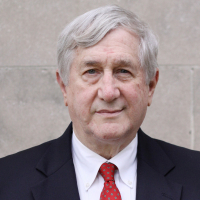Powellville RICO Act Lawyer, Maryland
Sponsored Law Firm
-
 x
x

Click For More Info:
-
Roper & DiBlasio LLP
401 Headquarters Dr Ste 202 Millersville, MD 21108» view mapDivorce and Family Law Our Mission is Your Success
Roper & DiBlasio is a general practice law firm working within the local community to assist businesses, homeowners, and individuals with their legal needs.
800-785-7781
Not enough matches for Powellville RICO Act lawyer.
Below are all Powellville Criminal lawyers.
Harold Stanley Link
✓ VERIFIEDOwner and managing attorney of the Law Office of Harold S. Link, which has been affording quality legal services at an affordable price for more than ... (more)
Susan Scofield
✓ VERIFIEDI am a solo practitioner (with a small office staff) in Rockville, MD, practicing primarily family law and all areas of custody, divorce and child su... (more)
Charles L Waechter
✓ VERIFIEDOcean City Criminal Defense Law Firm If you face criminal charges, an experienced and respected defense lawyer can help protect your rights, evalua... (more)
Wm A Lee Clarke
FREE CONSULTATION
CONTACT Kurt Roper Millersville, MD
Kurt Roper Millersville, MD Practice AreasExpertise
Practice AreasExpertise



